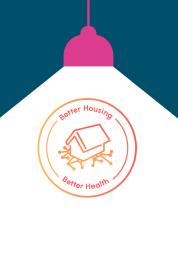How has Lockdown impacted on wellbeing and access to exercise
We asked West Sussex residents their views about access to exercise, their self-perception of their health and wellbeing and access to health and wellbeing services pre and post-pandemic. Read our report here.
This report compares pre-pandemic data from 2019 with post lockdown data in 2021. The findings are of particular relevance to our work with Local Community Networks and Community Partners in relation to Falls and Frailty. We make a number of recommendations for the future.
Key findings
- Less than half of respondents stated they are physically (n44) and mentally (n45) healthy post pandemic this is a decrease from (n67) and (n64) pre-pandemic.
- 30% of respondents reported physical and 26% mental health and wellbeing concerns.
- Coming out of lockdown, 86 respondents reported they did some form of exercise every week (down from n96 pre-pandemic) with the majority, n59 (down from n68 pre-pandemic) doing more than 4 hours per week.
- Pre-pandemic only 4% of respondents did less than 1 hour (of exercise) this increased to 14% coming out of lockdown.
- Working Age respondents aged 26 – 49-years had a less positive perception of their health and wellbeing between the two timeframes.
- Many people reported that the lack of access to exercise during the pandemic had impacted on their social lives, which has negatively affected their mental and physical health.
- 65 respondents felt they are not doing as much exercise as they would like or feel they need to which is similar to pre-pandemic levels.
- 16% of respondents informed us that they have lost confidence to go out and exercise since the lockdowns.
- 22 respondents informed us that they have been unable to access health and wellbeing services of some kind during the pandemic.
Read our report
Covid Impact on Wellbeing and Access to Exercise

